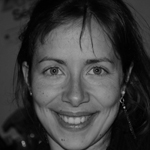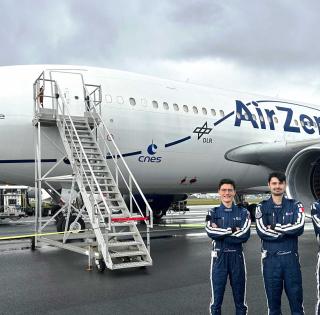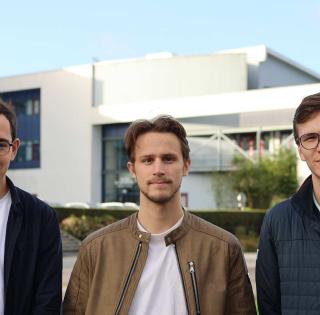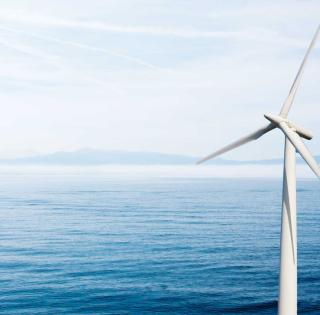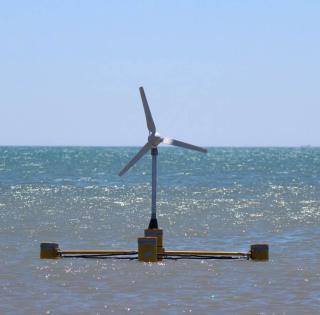
In what year did you graduate and what did you specialize in?
I graduated from ENSTA Bretagne in 2007 after having followed a course in "Naval Environment" in the 2nd year and "Electronics and signals for embedded systems" in the 3rd year (corresponds to the "Observation systems and artificial intelligence" expertise path).
What has your professional career been since leaving ENSTA Bretagne?
On leaving school, I went to Toulouse: I was particularly interested in the remote sensing space and satellite Earth observation module that we had at ENSTA Bretagne and I really wanted to discover this field.
I worked for more than ten years for a CNES subsidiary specialising in satellite data collection and localization. I held two positions there, both radically different but equally exciting:
• an initial position in upstream design and development for altimetry data processing chains (ocean observation) and
• a second position as manager of a software product for the surveillance of naval activities.
What position do you now hold? What does your work involve?
A desire to change fields to discover other career horizons and gain new experience, combined with a desire to return to my native Brittany, led me to take a position as Systems Engineering Manager at Naval Group in Lorient at the end of 2019.
I lead design work in incorporating mission and combat system components (radar, electronic warfare, communications, etc.) on ships while making sure to follow the precepts of systems engineering, a process that is essential for understanding the design of systems as complex as those produced at Naval Group.
What appealed to you about this job? and in your professional field?
First of all, I discovered a whole other universe to the one I had known up to then, while contributing my past experience in the space field: I like the variety in professional experience and the synergy that is created when you bring an outside and new perspective to a team.
Systems engineering is a resolutely exciting field that provides insight into the ship's entire life cycle, from feasibility studies to sea acceptance trials and through-life support.
It's a cross-disciplinary and very rich profession, at the crossroads between design studies and ship construction, which allows me to interact with a lot of people. In Lorient, we are fortunate to have the shipyard where the surface ships are built. So you can be in front of your computer in the morning and with your helmet on in the shipyard in the afternoon!
A word for future women engineers graduating from ENSTA Bretagne?
As the training received at ENSTA Bretagne allows you to embrace so many different careers, and change them along the way, you really have to go for it, trust in yourself, follow the fields that appeal to you and seize opportunities as they arise.
Industrial jobs are well suited to women, so you shouldn't be afraid to go for them: our adaptability and our insight are highly appreciated in rather masculine teams!







